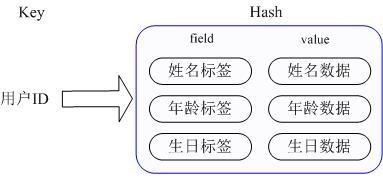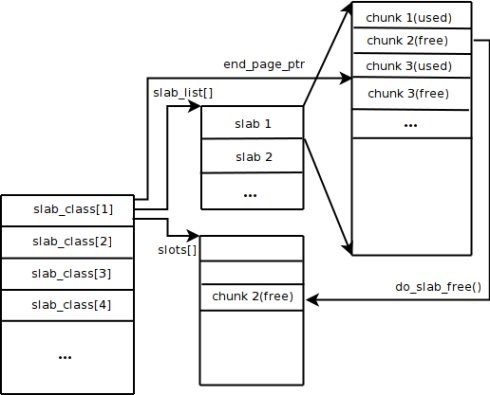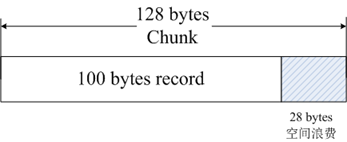工厂方法模式
工厂方法使用函数封装对象的声明,隐藏了创建对象的所有细节。一个类对应一个工厂方法。

class Animal():
def shout(self):
print('未知!')
class Cat(Animal):
def shout(self):
return '喵'
class Dog(Animal):
def shout(self):
return '汪'
def createCat():
return Cat()
def createDog():
return Dog()
cat = createCat()
cat.shout()
dog = createDog()
dog.shout()简单工厂模式
简单工厂封装同一族类的对象声明,通过函数参数指定具体的类。不但大大简化了分别为每个类编写工厂方法的繁琐过程,并且可以实现参数化创建对象,增加了灵活性。
def createPet(type=''):
if type == 'cat':
return Cat()
elif type == 'dog':
return Dog()
else:
return Animal()
for type in ['cat', 'dog']:
print(f'宠物{type}的叫声是:{createPet(type).shout()}!')
运行结果:
宠物cat的叫声是:喵!
宠物dog的叫声是:汪!工厂类/抽象工厂
工厂封装一组相关性强不同族系的对象的声明,这组对象共同实现特定的任务。工厂类表示不同的状态、风格、条件、环境等,工厂类底下的工厂方法则表示不同类的对象。工厂类为对象的统一管理、组织和划分提供强大的能力。
class PetFactory():
def createPet(self):
return Animal()
def createFood(self):
print('食物')
class DogFactory(PetFactory):
def createPet(self):
return Dog()
def createFood(self):
return '狗粮'
class CatFactory(PetFactory):
def createPet(self):
return Cat()
def createFood(self):
return '猫粮'
def createPetFactory(type=''):
if type == 'cat':
return CatFactory()
elif type == 'dog':
return DogFactory()
else:
return PetFactory()
pet = 'cat'
factory = createPetFactory(pet)
print(f'宠物{pet}的叫声是:{factory.createPet().shout()}!它喜欢吃{factory.createFood()}。')
运行结果:
宠物cat的叫声是:喵!它喜欢吃猫粮。本文是简明设计模式教程系列之一,常用的设计模式有23种之多,接下来还有更多更精彩设计模式的介绍,欢迎评论、转发、收藏和关注,点击合集有更多内容。



















